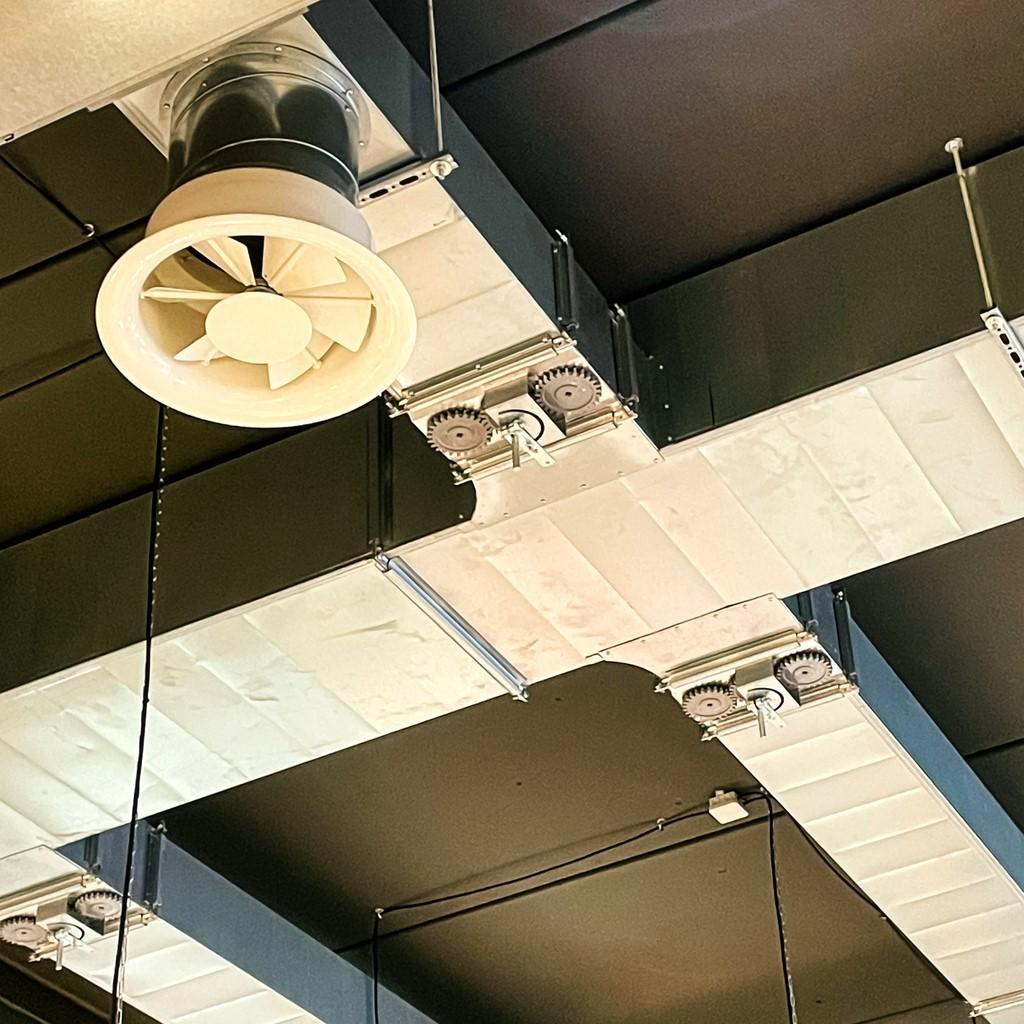Efforts to improve air quality at a special education school in Rochester, New York, were associated with fewer COVID-19 cases in staff and students, researchers from the University of Rochester Medical School reported yesterday in PLOS One.
The Mary Cariola Center enrolls more than 450 students ages 3 to 21 who have severe intellectual and developmental disabilities. The research team noted that the population is at increased risk of COVID complications and may also struggle with protective measures such as social distancing and mask wearing.
During the pandemic, the school took extra steps to keep kids in school safely, given that the school provided such important therapy and services. The school focused on air filtration and improving airflow.
Cases tied to poorer air flow
To gauge the impact, in November 2022 the researchers measured carbon dioxide levels over a 1- to 3-day testing period across 100 rooms in three buildings on the school's campus, ranging from small classrooms to a gymnasium. They collected data on COVID cases in the rooms from August 2021 through August 2022.
All rooms stayed well below the Occupational Safety and Health Administration (OSHA) carbon dioxide limit. Only three rooms had lower ventilation for 2 or more hours.
The investigators noted, though, that many rooms reached the moderate level, hinting at less-than-optimal air flow. The team found that the number of COVID cases among people in a given room was linked to the time they spent in rooms where carbon dioxide levels were moderate.
A combination of approaches is most effective, including masking, vaccination, ventilation, and air filtration.
Researchers also found a link between COVID cases and air filtration. One building on the campus was newer and had a ventilation system that supported high-efficiency MERV-13 air filters, which can capture more virus particles. They found that classrooms in buildings that had the more porous MERV-11 filters were had more COVID cases.
In a press release from the University of Rochester Medical School, Martin Zand, MD, PhD, professor of medicine at the school and the study's coleader, said, "One thing that COVID taught us is that there isn’t one single magic solution that will prevent all infection from all viruses. Rather, a combination of approaches is most effective, including masking, vaccination, ventilation, and air filtration."




















